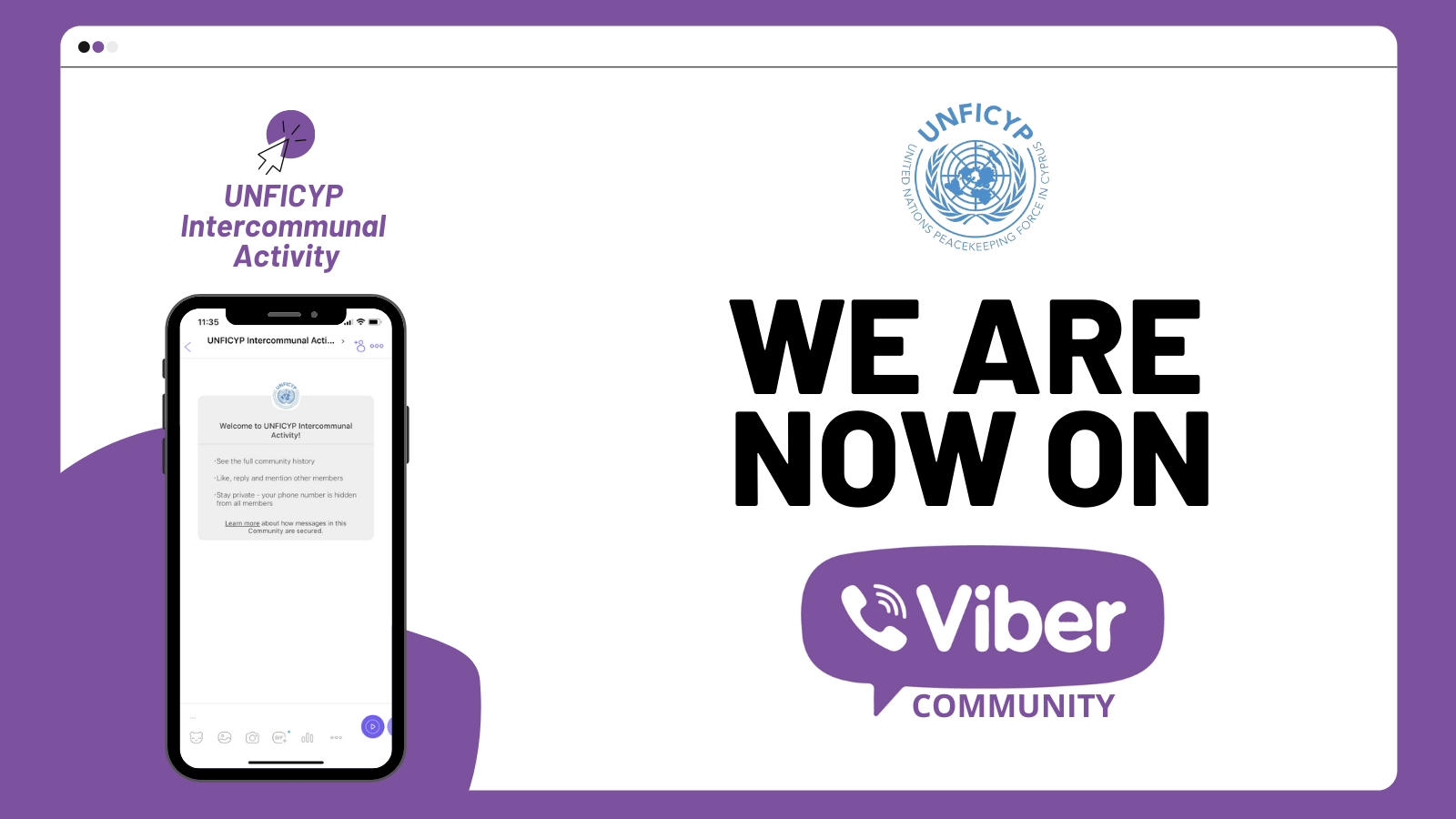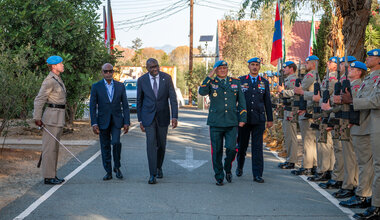Peacekeeper Profile: Adnan Al-Sinawi
Adnan Al-Sinawi has served in numerous UN peace operations including Afghanistan, Sudan and Iraq since he joined the Organization in 2001. Originally from Iraq, he is currently based in Nicosia where he leads application support for UNFICYP’s Field Technology Services Unit. In this short interview, Adnan tells us why, despite all the challenges it entails, peacekeeping continues to be a relevant and fulfilling career choice for him.
Q: Tell us a bit about your work with UNFICYP.
At UNFICYP, I supervise colleagues within the Application Support Unit. This is a critical function because my team handles any problem that may arise with end users of the various IT applications in the Mission. What we do every day as a team is guarantee that colleagues within the Mission can perform their duties without any major technical issues. It is a demanding role requiring a unique combination of technical know-how as well as people skills.
Q: What, do you feel, are some of your biggest achievements in your career with UN peacekeeping?
I have come across people who think that working in the tech sector is somehow separated from the substantive work done by the United Nations across the world. However, in UN peace operations, especially deep field missions, we work extremely closely across all three components – civilian, military and police – to ensure that the Mission is a step closer to fulfilling its mandated aims.
In this regard, most of my professional achievements center around developing IT-based tools that contribute to maximizing efficiency in field locations. For example, I rolled out an application that enabled more than 6,000 military personnel to be deployed in merely five days to remote locations across West Darfur, Sudan. I’ve created similar, cost-effective interfaces that have helped missions demonstrate greater financial accountability.
Personally, having survived the attack on the UN headquarters in Baghdad which killed and injured dozens of my colleagues, I reported in to work as soon as I was medically cleared. I consider this one of my biggest accomplishments because, I believe, it was the most impactful way for me as an individual staff member to send a clear message to the perpetrators that the UN won’t give up its quest to bring succor to vulnerable populations…it never gives up.
Q: Could you tell us a bit about the challenges faced and sacrifices made by peacekeepers across the globe?
In my opinion, working for long periods time away from family, friends, and loved ones for a long time is the biggest challenge peacekeepers face every day. The enforced distance can negatively influence both individual peacekeepers and their families. While advances in communication technology and the Organization’s leave policies for staff members serving in difficult locations ameliorate separations to a large extent, it remains difficult.
Q: Would you encourage more people to join peace operations worldwide? If yes, why?
Most definitely yes because it helps bridge cultural differences. Working in different duty stations with peacekeepers from multicultural backgrounds is a wonderful way to accept and appreciate difference of opinions and beliefs, converting such differences into opportunities rather than crises. I can say it has been one of the most rewarding experiences of my life.
 UN
UN United Nations Peacekeeping
United Nations Peacekeeping






